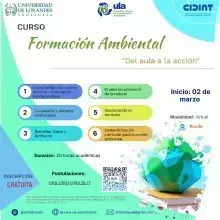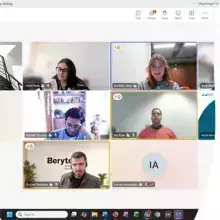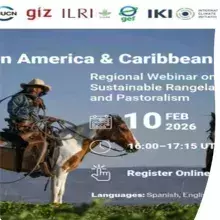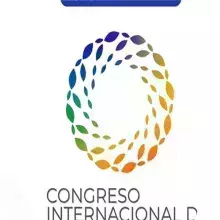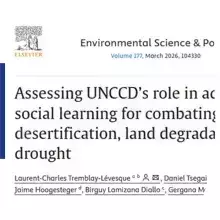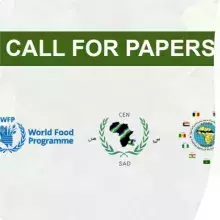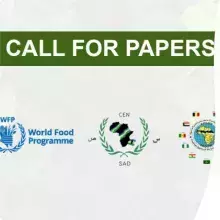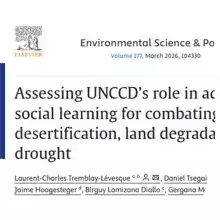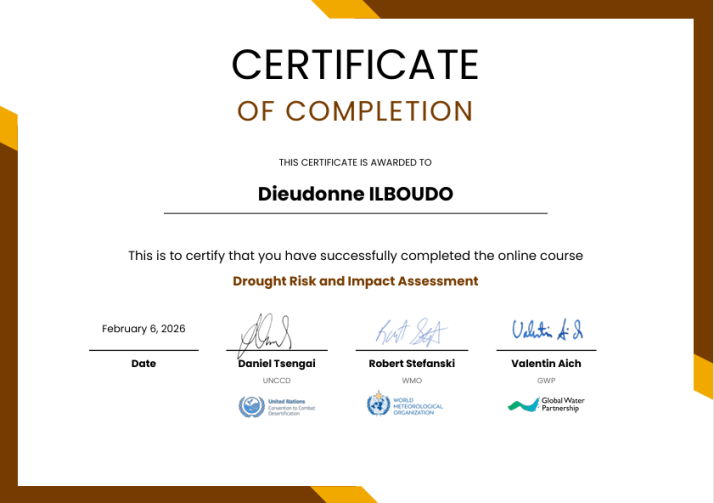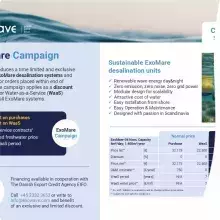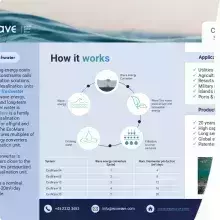Please find an interesting article published in 2026, the link to open access: https://doi.org/10.1016/j.envsci.2026.104330
Authored by experts affiliated with UNCCD, GWP, and Wageningen University.
Title: Assessing UNCCD’s role in advancing social learning for combating desertification, land degradation, and drought
Abstract: Addressing the challenges of desertification, land degradation and drought (DLDD) requires exchanging knowledge and practices across diverse actors, institutions, disciplines, and regions. Established in 1994 as one of the three Rio Conventions, the United Nations Convention to Combat Desertification (UNCCD) functions not only as a legally binding international agreement but also as a global collaborative platform for deepening knowledge and technical expertise on tackling DLDD. This paper examines the extent to which UNCCD has contributed to advancing social learning in the field of DLDD. Drawing from Wenger’s theoretical framework on social learning, we argue that UNCCD operates as a global transdisciplinary community of practice, enabling stakeholders to “learn together how to do things better together” in addressing DLDD-related challenges. Based on data from semi-structured interviews with UNCCD National Focal Points, Science and Technology Correspondents, and other experts engaged in UNCCD processes, this research explores and illustrates the relational, technical, and transformational outcomes generated through the Convention. It highlights current gaps in the social learning dynamics within UNCCD processes and offers suggestions for enhancing meeting formats, inclusivity, and the integration of science, policy, and practice. Conceptualizing UNCCD as a platform for co-learning, this study uncovers its broader contribution to environmental governance – offering insights into how multilateral environmental agreements can drive change through shared knowledge, relationships, and adaptive practice, not just political or financial commitments.
More details including the full article: https://www.sciencedirect.com/science/article/pii/S1462901126000237


